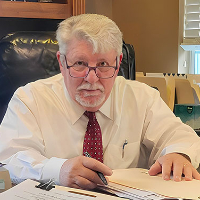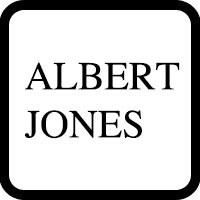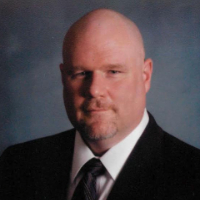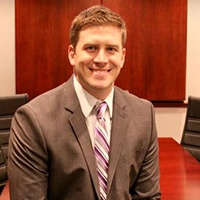Centreville Misdemeanor Lawyer, Alabama
Not enough matches for Centreville Misdemeanor lawyer.
Below are all Centreville Criminal lawyers.
Christopher Rhett Smitherman
✓ VERIFIEDAnne Wilson Guthrie
✓ VERIFIEDAnne Guthrie is a practicing lawyer in the state of Alabama. She received her J.D. from University of Alabama School of Law in 2000. Anne works at Wil... (more)
James Campbell Pino
✓ VERIFIEDWith over 46 years of active trial experience, attorney Jim Pino has earned a solid reputation within the legal community for well-prepared and aggres... (more)
Albert Jones
✓ VERIFIEDAlbert Jones is a practicing lawyer in the state of Alabama.
Charles Miller
✓ VERIFIEDCharles "Trapper" Miller has been practicing since 2011representing defendants in various criminal cases, helping businesses protect themselves, and h... (more)
Julian Mardel Hendrix
✓ VERIFIEDJulian Hendrix is a practicing lawyer in the state of Alabama. Attorney Hendrix received his J.D. from the Birmingham School of Law.
Joshua Paul Jones
✓ VERIFIEDJoshua Paul Jones is a knowledgeable trial attorney with over seven years of courtroom experience. Mr. Jones started his own law firm in 2011 after pr... (more)
Jason Alexander Stoves
✓ VERIFIEDGeneral Practice Law Firm practicing in the areas of Business Services, Civil Litigation, Immigration, Personal Injury, Criminal Defense, and Probate.... (more)










